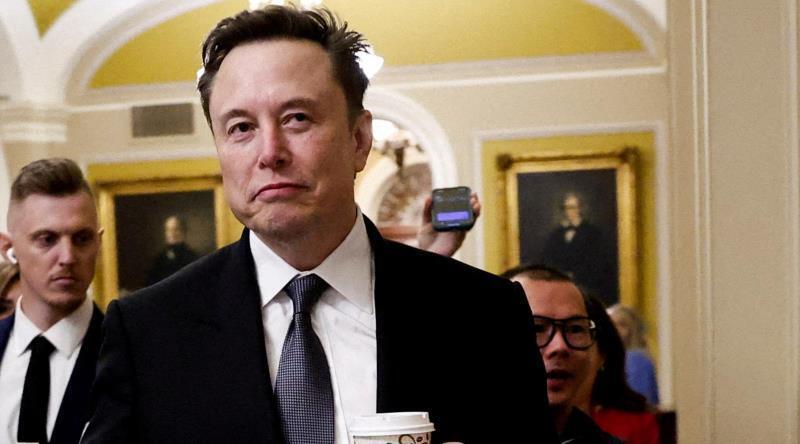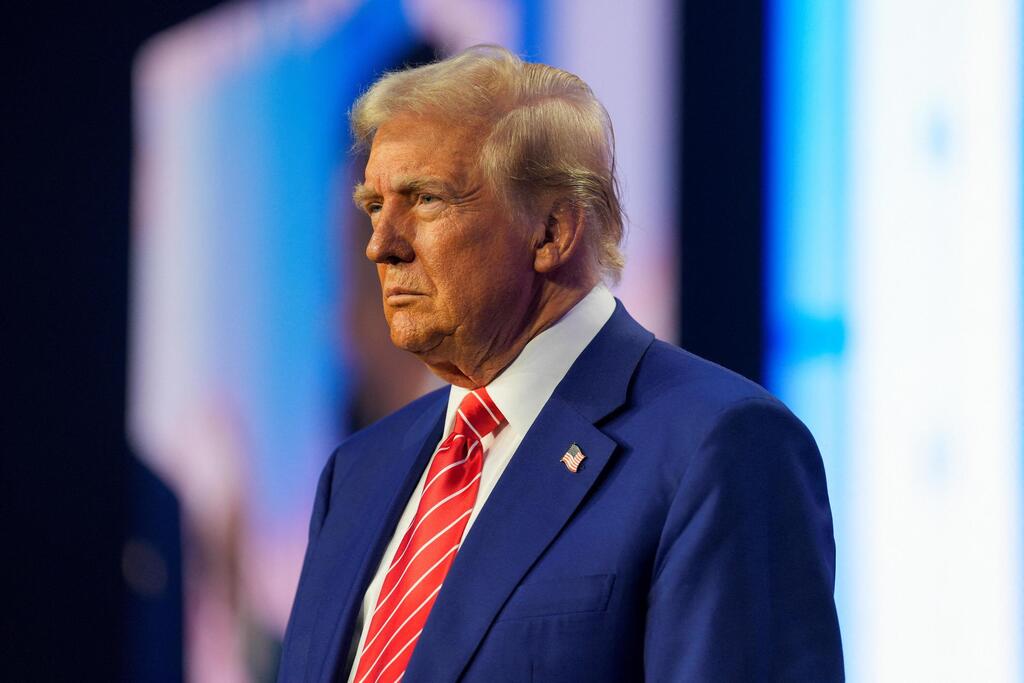Getting your Trinity Audio player ready...
When money, power and politics intertwine, the results can be extreme. On January 20, 2025, Donald Trump will begin his second term as president of the United States. Who would have thought? The world is no longer what it used to be: values like statehood, mutual respect and rationality are being sidelined, while populism—shallow and sensational—dominates the stage.
Joining this tumultuous scene is Elon Musk, the world's richest man—a visionary entrepreneur whose name will undoubtedly be etched in human history. But can a man with such clear economic interests serve in a governmental role without conflicts?
Musk, who reportedly invested nearly a quarter of a billion dollars to promote Trump’s campaign, has already been appointed an official advisor to Trump’s administration, tasked with streamlining government operations. It raises serious ethical questions: why would Musk so fervently support Trump’s reelection if not for economic gain?
What lies ahead after January 20, 2025?
Trump's second term will likely revive his staunch economic nationalism. His support for corporate tax cuts aims to boost investments and fuel the U.S. economy. However, this could widen deficits and exacerbate income inequality.
Furthermore, Trump’s focus on domestic manufacturing, reinforced by tariffs on imports—particularly from China—will likely increase prices and inflation, putting pressure on import-dependent businesses.
Get the Ynetnews app on your smartphone: Google Play: https://bit.ly/4eJ37pE | Apple App Store: https://bit.ly/3ZL7iNv
For Israel, these policies could pose a dilemma. The ongoing economic tensions between the U.S. and China may place Israel in a precarious position, as it balances its strategic alliance with the U.S. against its trade interests with China. A cautious and neutral stance might be the wisest approach in such circumstances.
Trump’s tax reforms could potentially benefit Israeli tech companies operating in the U.S., as lower corporate taxes might boost profits and accelerate growth. However, a conservative capitalist approach may deepen economic inequality in the U.S., weakening the middle class and potentially leading to economic stagnation in the long run.
Meanwhile, global investors and corporations are treading cautiously as they await the post-January 20 economic landscape. One can only hope for a more balanced and promising future.
The world will be watching closely, especially as the policies of Trump’s second term, with Musk's influence in the background, redefine America’s role on the global stage. Let us hope for prudence, accountability and a stronger commitment to shared values.
- Dr. Amit Serusi is a strategic consultant and angel investor.




